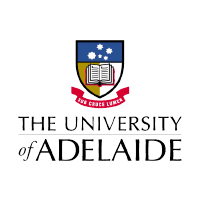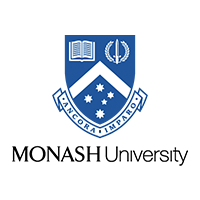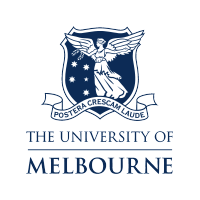Why study by distance?
Distance Learning is a popular option for further education as it allows students to fit study in with existing work/life committments or a chosen lifestyle. As long as you have access to a stable internet connection and appropriate device you can study when and where you like. It also saves travel time and expense compared to traditional face to face courses.
Access top professionals in the field and build networks. The BCA is a collaboration between key biostatisticians around Australia. Get to know them as your program and unit coordinators during the course of your studies. Fellow students also have a wide range of experience and education and can be invaluable resources.
Once seen as a drawback, distance education has mitigated feelings of isolation with the use of online discussion forums. Increasingly pervasive electronic communication has great benefits for keeping in touch and feeling connected within a dispersed community. Most students find advantages in discussing activities with other students and unit coordinators and are therefore encouraged to contribute ideas, questions and experiences on a regular basis throughout the courses.
Questions can usually be answered quickly through a phone call or email to a unit coordinator, program coordinator, or the BCA central office.
Setting yourself up for success
If you’re naturally self-motivated and organised, the following may come naturally. If you’re prone to procrastination and distraction, it’s okay! Take the time to identify your strengths and weaknesses and devise an appropriate study plan in advance.
1) Familiarise yourself with the tools and services available and the online environment you will be using.
Look around the BCA website to get a feel for how it works and were you can find information. Do the same with your home university. Know how to access the library and what other resources are available. Familiarise yourslf with the student portal and any postgraduate office that may provide support.
All BCA units (except EPI) are set up similarly on the University of Sydney Learning Management System, Canvas. Make sure you’re enrolled with time to spare so LMS access isn’t delayed. If you’re using software for the first time get it set up early, find an introductory tutorial or two or have a look around it on your own. Know where help files and tutorials can be found.
2) Know yourself. Do you work best in the morning, or late at night? When can you create time to study around other demands? Can you concentrate with background noise and distractions or do you need a closed door or quiet space?
3) Set up a suitable space at home or seek one out in a local cafe (with good internet), public or institutional library or anywhere else that works for you. Make sure you can use it at the times identified above.
4) Allocate a minimum amount of study time each week and put it in your calendar. For most students a minimum of eight to twelve hours is required to work through sessions, complete session activities, read key references, participate in online forums, communicate with your unit coordinator and other students, and complete assessment tasks and assignments.
5) Consider your concentration span, plan breaks and use them! Include things like exercise and light/healthy snacks to make the most of your study time.
![]()
In the thick of it
When studying: Have the right equipment on hand. If you learn better writing notes by hand make sure you’re set with pen and paper.
Break your study time up into managable/productive segments. Know your options and use them as required (don’t forget to have healthy snacks on hand).
If large tasks seem overwhelming, break them down into smaller, more managable segments and concentrate on one at a time.
Use the resources you identified above. Don’t forget the online disucssion forums, they can be a great way of getting timely responses from unit coordinators and fellow students.




